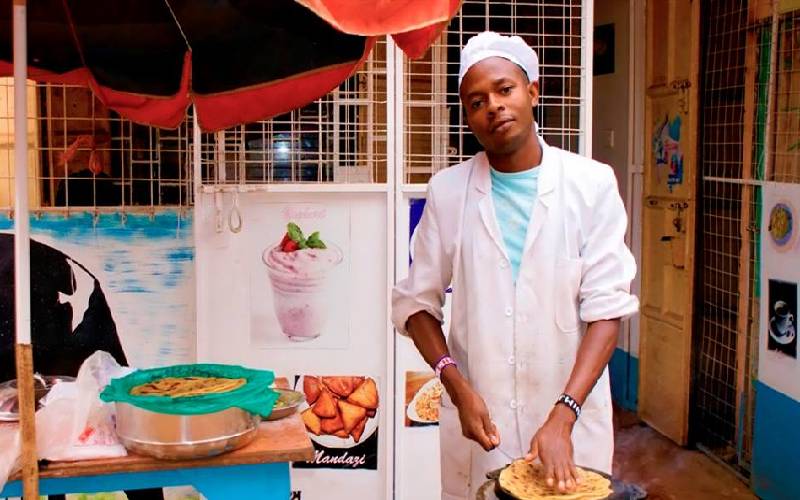×
The Standard e-Paper
Stay Informed, Even Offline

Those who know me know how busy I can get. For instance, in the last three days, I have launched a poetry event dubbed ‘Maneno’, which meant getting home at around 3am; the following day, I had to memorise a script for a new series that features Serah Teshna, and again wrapped up at 3am; I got up at 6am the third day to get to the airport in time, landed in Mombasa and then checked into a hotel in Kilifi.
In short, I slept a total of 11 hours over these three days.